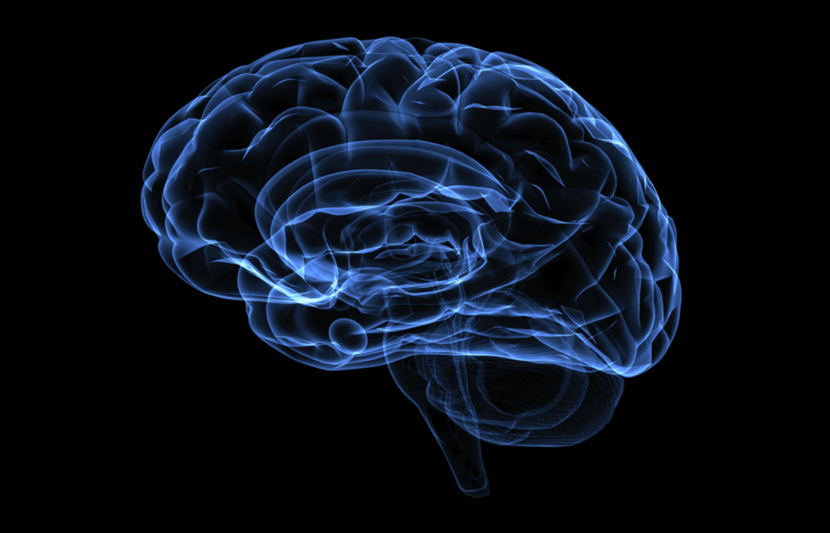Alzheimer’s affects more than half a million people in the UK and more than five million people in the U.S. Now, researchers led by Cardiff University are closer to finding a cure for dementia after discovering two risk genes that could lead scientists to understand the brain of those with the disease.
“These genes reinforce a critical role for special cells in the brain – called microglia – that are responsible for clearing up debris, including damaged cells and proteins,” Dr. Doug Brown, director of research and development at Alzheimer’s Society, said in a statement. These findings will allow researchers to develop new treatments for those with Alzheimer’s.
Cardiff University researchers identified the two new genes that were not previously considered as a cause of Alzheimer’s. The study compared the DNA of tens of thousands of individuals with Alzheimer’s with aged-matched people without the disease. There were twenty-four previously identified susceptible genes that researchers have continued to build upon.
“What is exacting about this research is that the brain’s immune response was always considered to be a result of Alzheimer’s rather than a cause, therefore there is a range of therapeutics already in existence that may have some utility in the treatment of Alzheimer’s.” Dr. Rebecca Sims, a research fellow at Cardiff University’s School of Medicine, told The University Network (TUN).
The new research has revealed a number of other genes and proteins that form a network that may be significant in the development of Alzheimer’s. “Our research is highlighting the role of an individual’s immune response within the brain and the development of Alzheimer’s,” Sim told TUN. “Understanding more about the biological mechanisms underpinning disease is enabling us to focus our research efforts with the aim of identifying therapeutics for intervention.
The revolutionary research is published in Nature Genetics.
Cardiff University is one of six centers selected for the £250m UK Dementia Research Institute funded by the Medical Research Council, Alzheimer’s Society, and Alzheimer’s Research UK. The university has the potential to receive further funding over the next five years for its leading dementia research. Researchers are seeking new ways to prevent, diagnose, treat, and care for people with dementia by using new discoveries to examine the role of microglia in dementia.
With millions worldwide diagnosed with Alzheimer’s, these recent investments and advancements in slowing down and discovering possible treatments will bring researchers closer to understanding both Alzheimer’s and dementia. While no adequate methods have been developed to treat or slow down the effects of Alzheimer’s, researchers can now effectively target the disease with the discovery of new risk genes.



